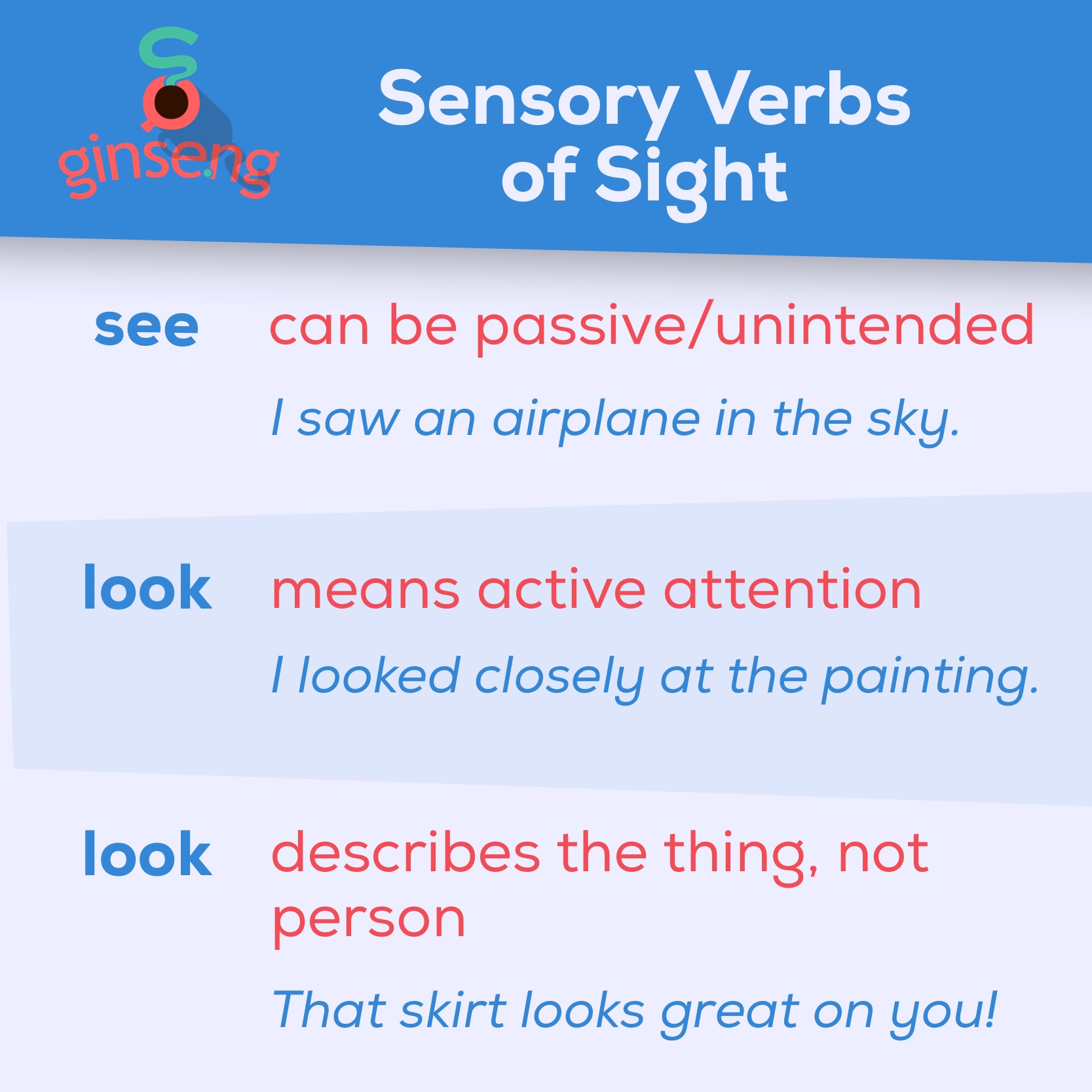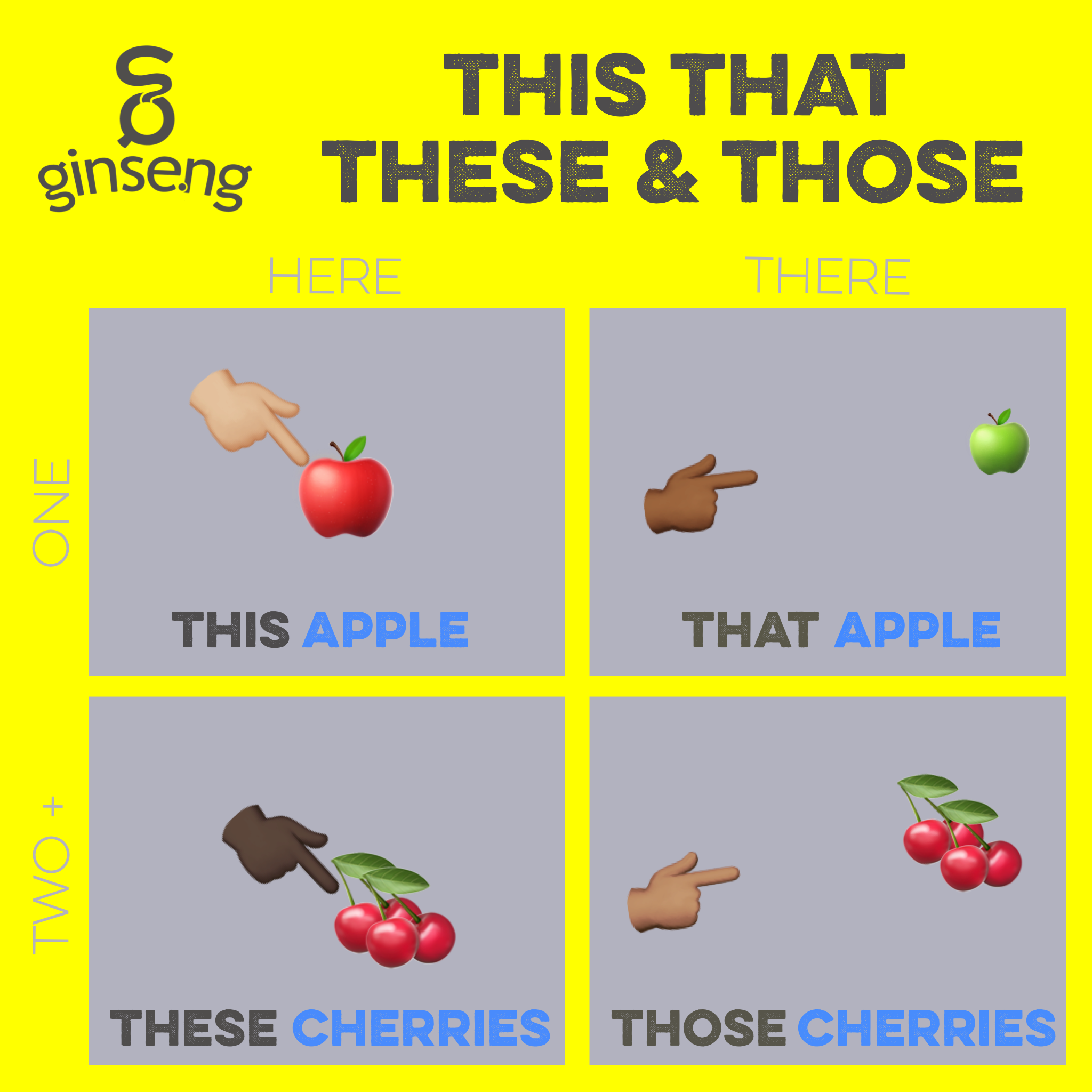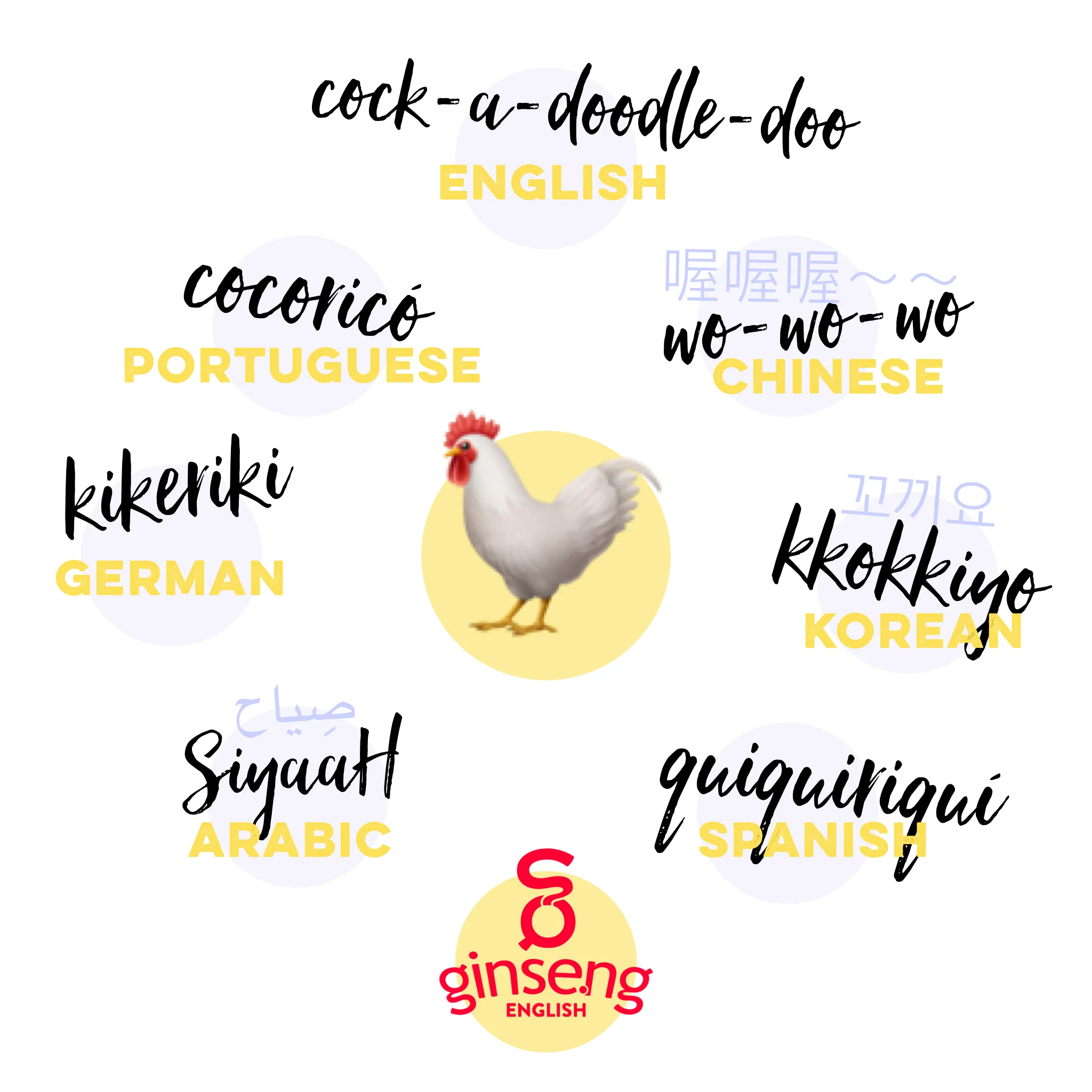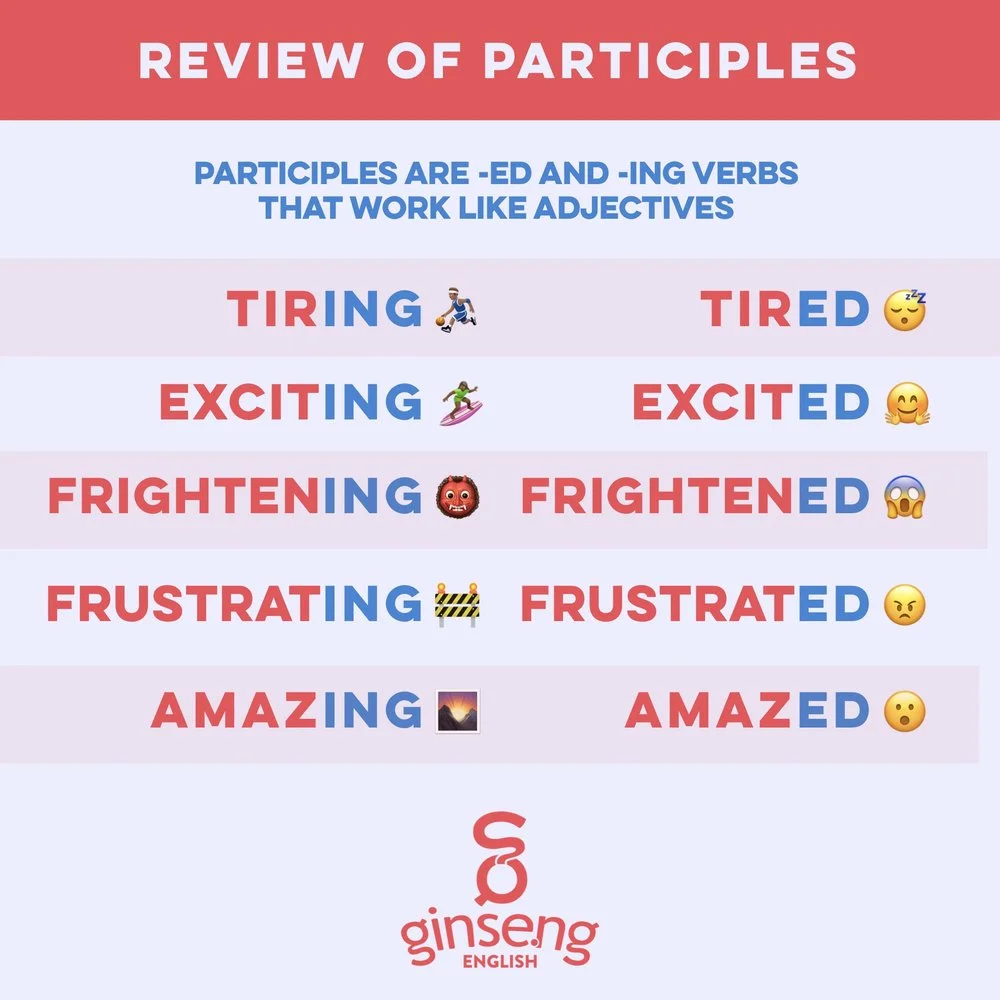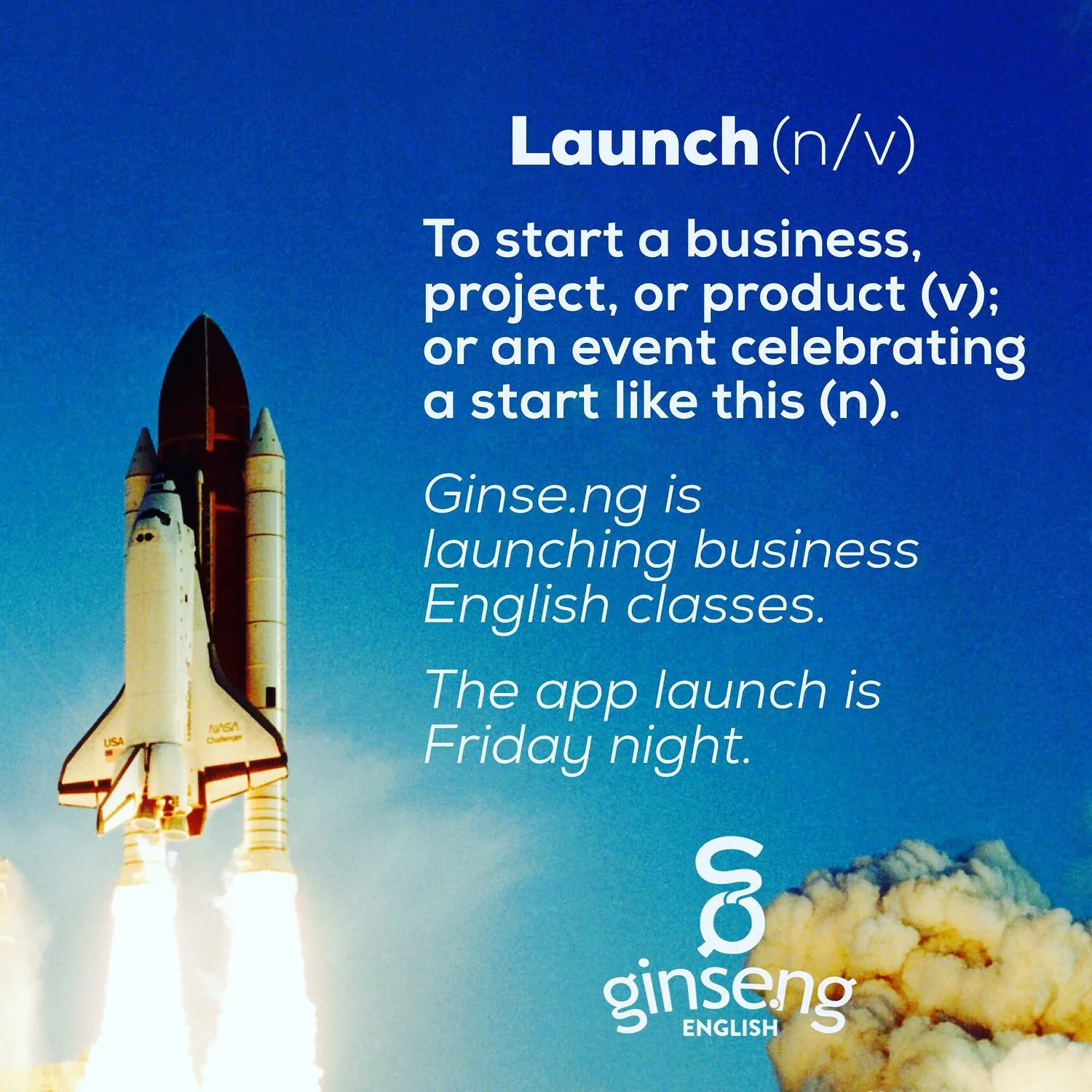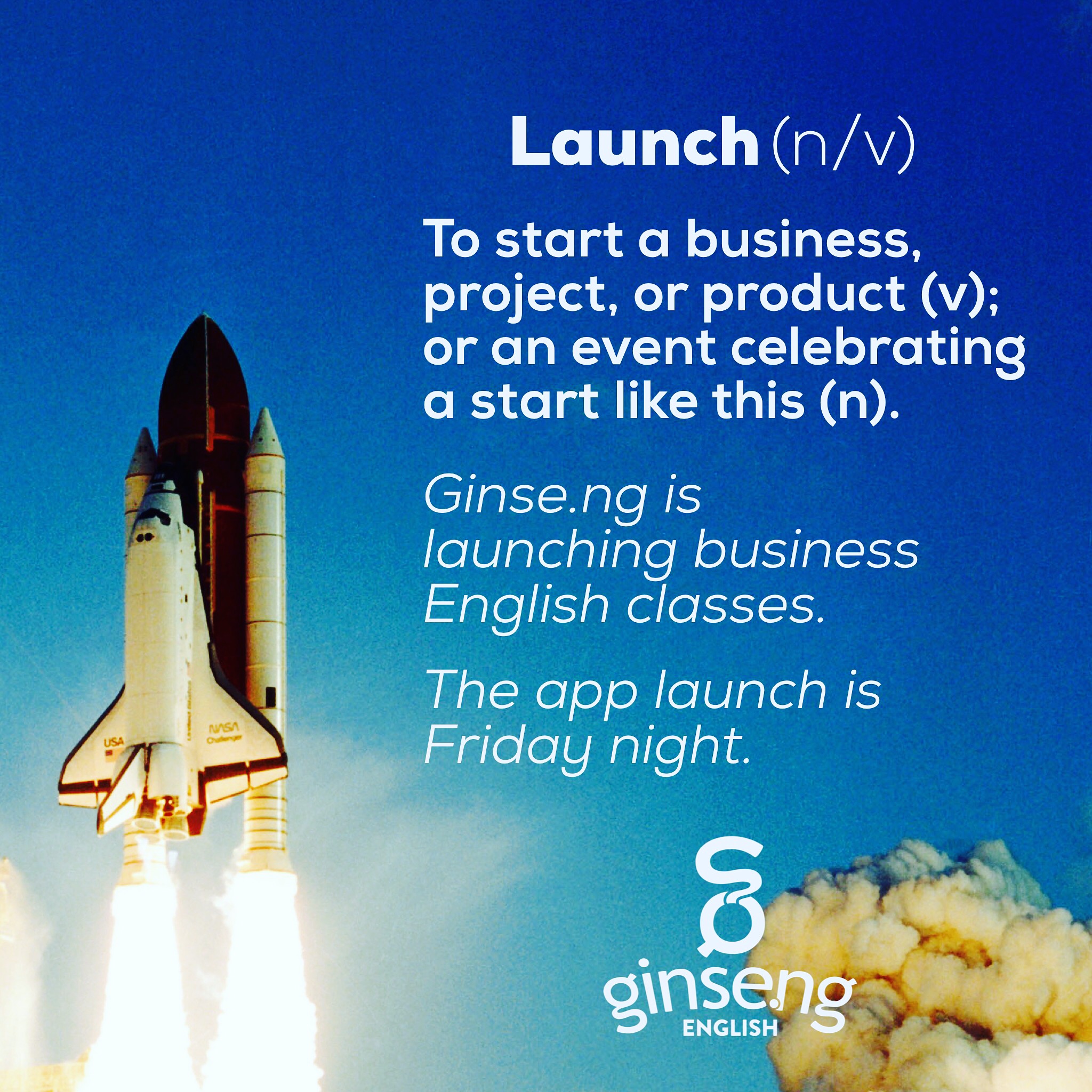Today, we will take a look at another, similar way to use this, that, these, and those. We can also use these words without a noun after them. For example, we can say, "This is a hammer." Here, this doesn't go before the subject of the sentence; it is the subject of the sentence. It works takes the place a noun and represents the thing, the hammer. Words that stand in place of a noun are called pronouns. So in these sentences, this, that, these, and those are called demonstrative pronouns. See the graphic below for some more examples.
One more time, if they come directly before a noun, this, that, these, and those are called demonstrative determiners. If they replace a noun, acting as a subject or object, they are called demonstrative pronouns.
Notice that the meanings are the same for demonstrative determiners and demonstrative pronouns. This and that are both singular. These and those are both plural. This and these are both for things that are close. That and those are both for things that are over there.
Other free grammar resources




